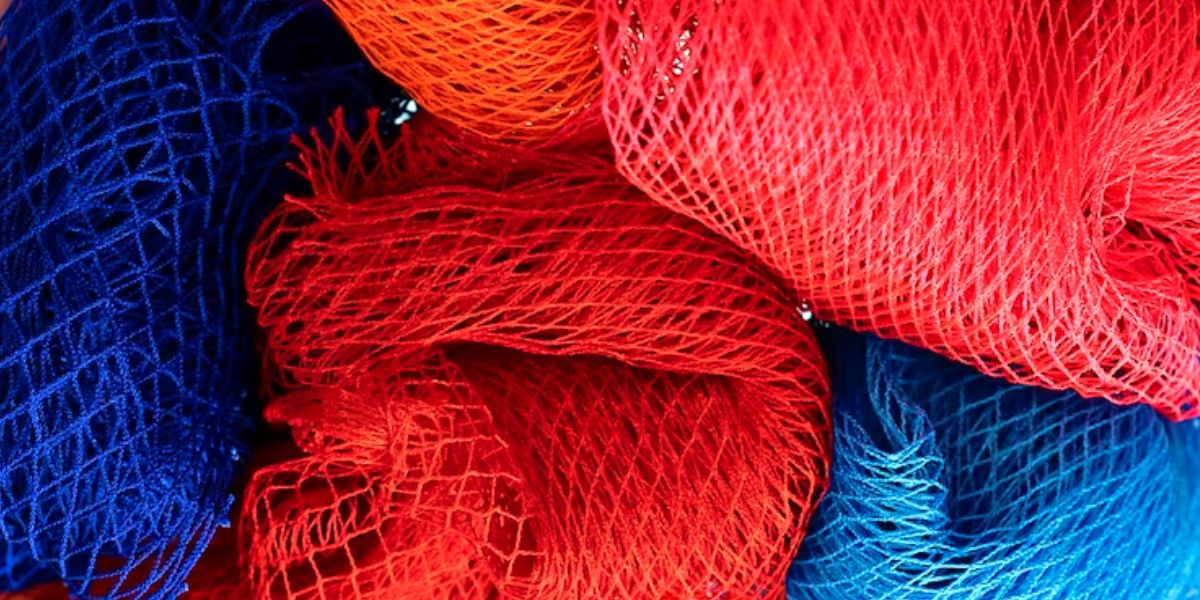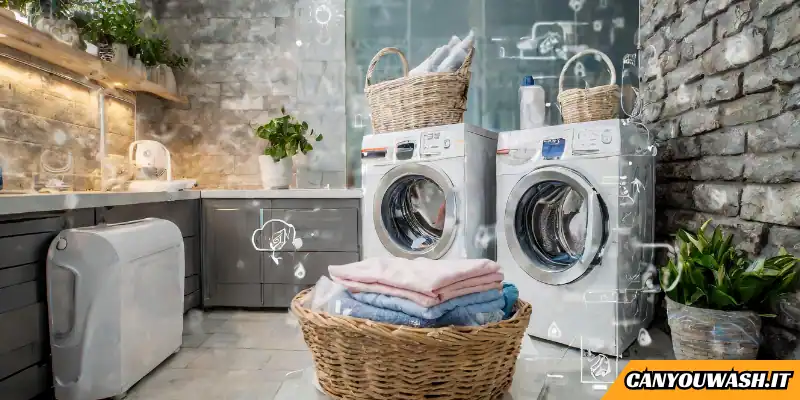Yes, you can wash an African net sponge. African net sponges are typically made from the fibrous material of the Luffa plant, also known as a loofah.
Dos and don’ts
Dos
- Rinse the sponge under warm water before washing to remove any dirt or debris.
- Soak the sponge in warm water with a mild soap or detergent.
- Gently scrub the net sponge using your hands or a soft brush, paying attention to the individual fibers.
- Rinse the sponge thoroughly under running water to remove any soap residue.
- Gently squeeze out excess water from the sponge.
- Air dry the sponge in a well-ventilated area, away from direct sunlight.
- Store the dried sponge in a clean, dry place to prevent mold or mildew growth.
Don’ts
- Use harsh chemicals or bleach when washing the sponge, as they can damage the fibers.
- Wring or twist the sponge forcefully, as it can lead to deformation or breakage.
- Expose the sponge to direct sunlight for extended periods, as it can weaken the fibers.
- Leave the sponge damp or wet for an extended period, as it can promote mold or mildew growth.
- Share the sponge with others to maintain hygiene and prevent the spread of bacteria.
- Use the sponge if it shows signs of deterioration, such as fraying or unraveling fibers.
5-step guide to washing African net sponge
Step 1
Rinse the sponge
Start by rinsing the African net sponge under warm water to remove any surface dirt or debris. This will help prepare the sponge for a more thorough cleaning.
Step 2
Prepare a cleaning solution
Fill a basin or sink with warm water and add a mild soap or detergent. You can also use a natural cleaning solution by mixing water and vinegar. Create enough solution to submerge the sponge fully.
Step 3
Soak the sponge
Place the African net sponge into the basin or sink, ensuring it is fully submerged in the cleaning solution. Allow it to soak for about 10-15 minutes. This soaking period will help loosen and remove any embedded dirt or oils.
Step 4
Gently scrub the sponge
Opt for a gentle or wool-specific detergent to safeguard the alpaca wool fibers. Refrain from using bleach or harsh chemicals.
Step 5
Rinse and dry
Rinse the sponge under running water to remove any soap residue. Squeeze the sponge gently to remove excess water, being careful not to wring or twist it forcefully. Place the sponge in a well-ventilated area to air dry completely. Avoid direct sunlight, as prolonged exposure can weaken the fibers.
FAQs
Can I use regular soap or detergent to wash an African net sponge?
Yes, you can use mild soap or detergent to clean the sponge. Avoid using harsh chemicals or bleach, as they can damage the fibers.
Can I machine wash an African net sponge?
It is generally not recommended to machine wash an African net sponge, as the agitation and harsh detergents in a washing machine can damage the delicate fibers. It is best to hand wash the sponge using the steps mentioned earlier.
How long does it take for an African net sponge to dry?
The drying time for an African net sponge can vary depending on the humidity and airflow in the drying area. On average, it may take a few hours to overnight for the sponge to dry completely.
How often should I wash my African net sponge?
It is recommended to wash the sponge after every few uses or when you notice it becoming dirty. Regular cleaning helps maintain hygiene and prevents the buildup of bacteria.
What should I do if my African net sponge develops an odor?
If your sponge develops an odor, you can soak it in a mixture of water and vinegar for about 15 minutes before washing it as usual. Vinegar helps eliminate odors and bacteria.
How long does an African net sponge typically last?
The lifespan of an African net sponge can vary depending on usage and care. With proper cleaning and maintenance, an African net sponge can last for several months to a year.
Can I share my African net sponge with others?
It is generally not recommended to share your African net sponge with others for hygienic reasons. Each individual should have their own sponge to avoid the transfer of bacteria.
Remember, these FAQs provide general guidance, and it’s always best to follow specific instructions provided by the manufacturer or any additional care recommendations for your particular African net sponge.
Final thoughts 💭
Washing an African net sponge involves several steps to ensure proper cleaning and maintenance. The process includes rinsing the sponge, preparing a cleaning solution, soaking the sponge, gently scrubbing it, and finally rinsing and air drying.
Use mild soap or detergent, avoid harsh chemicals or bleach, and refrain from machine washing. Regular cleaning and proper drying will help maintain the sponge’s cleanliness and extend its lifespan. It is recommended to follow specific care instructions provided by the manufacturer and avoid sharing the sponge with others for hygiene purposes.





Leave a Reply